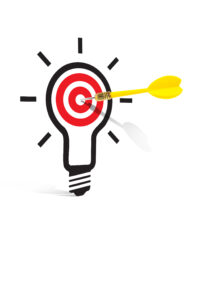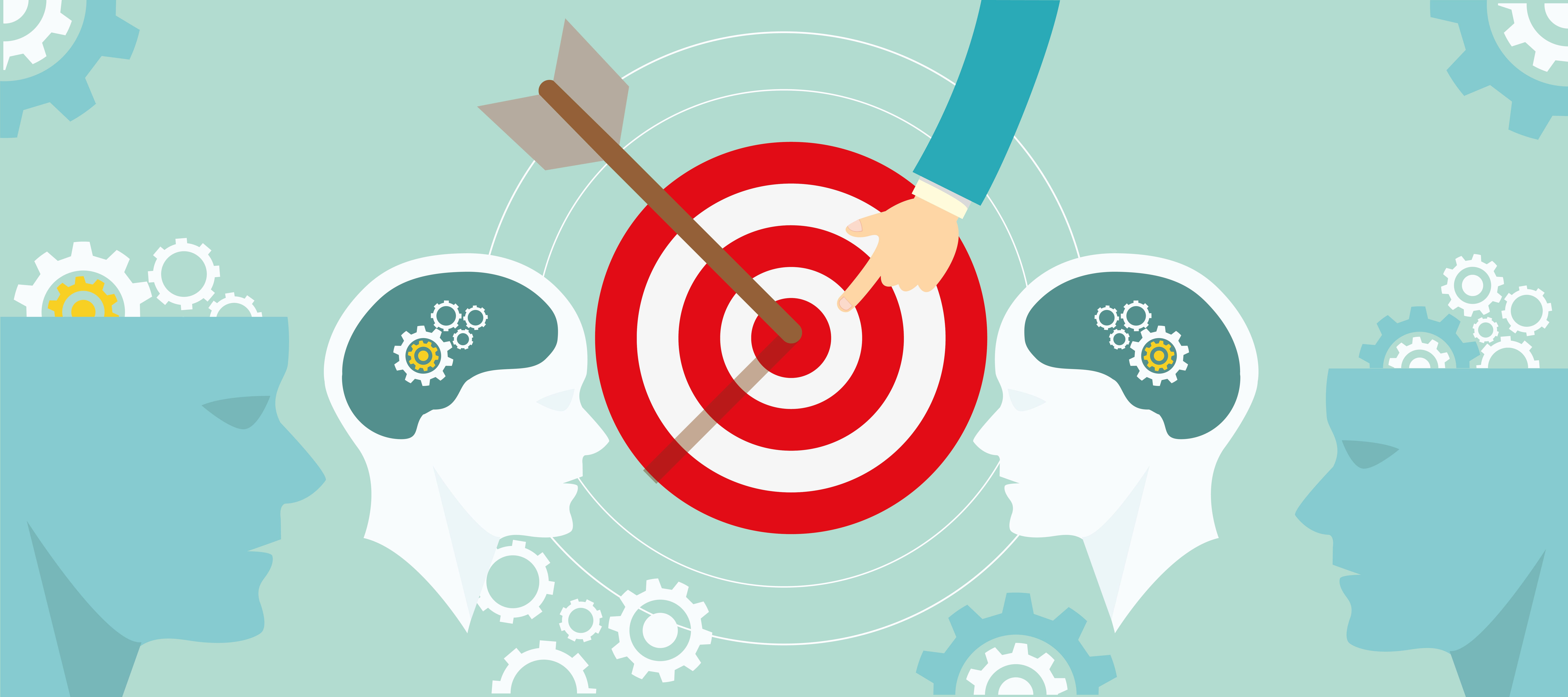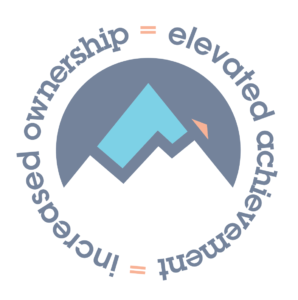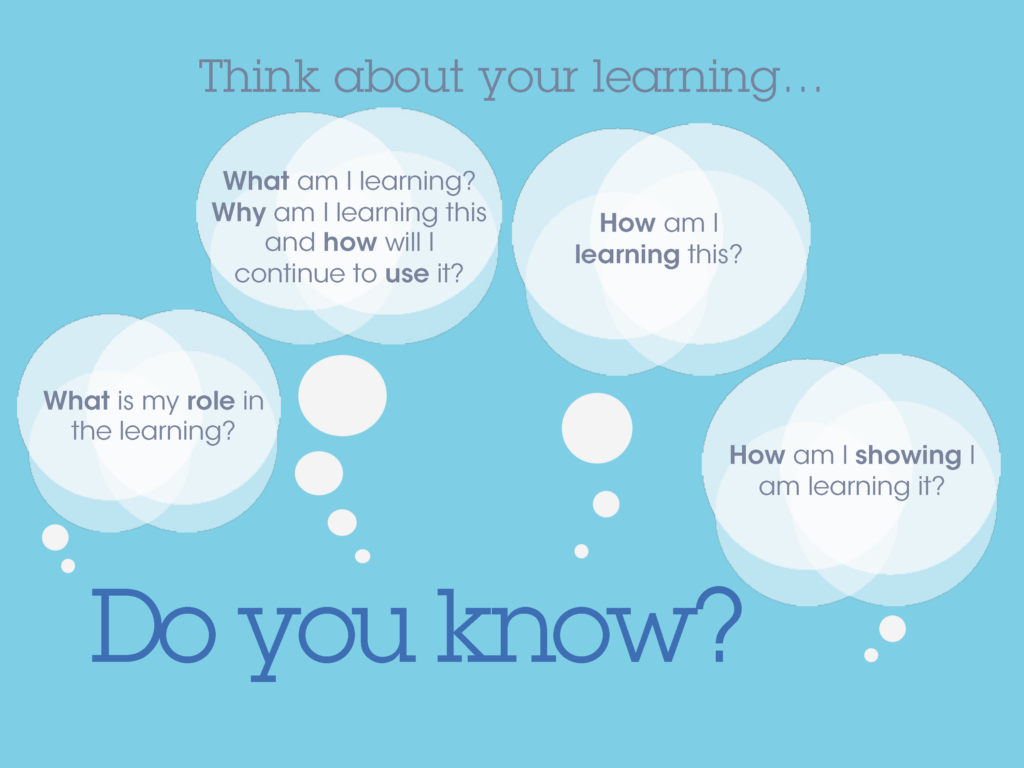Share this article.
Hello, Students!
We’re Elevated Achievement, a group of educators dedicated to helping schools, teachers, parents, and caregivers, and you, the students. We exist because we believe that each and every person deserves to own their learning each and every day and in each and every lesson.
True success in learning requires students to go beyond just doing or understanding school—you must own your learning. What does it mean to own your learning?
That’s the question we will help you answer in this article. But first, think back to the last lesson you had in school.
- Did you know what skill you were learning?
- Did you know why you were learning that skill?
- Did you know how you will continue to use that skill?
- Did you know how what you were doing in the lesson would help you learn the skill?
- Did you know how you would know or show you learned the skill?
- Did you know what your role was in the learning?
If you answered yes to these questions, you’re developing ownership of your learning. If you answered no, it doesn’t mean you’re not learning anything, but it does mean you’re learning in a way that may not help you be successful in college and/or your career.
Don’t worry, owning your learning can be very simple if you know how. But before we dig into the details of how to own your learning, it’s important to understand why owning your learning matters.
Why Owning Your Learning Matters
 Owning your learning matters because when you are, you are learning deeply. You are learning more. You are learning how to be successful beyond school.
Owning your learning matters because when you are, you are learning deeply. You are learning more. You are learning how to be successful beyond school.
A very smart and very successful educator named John Hattie discovered with his research that when teachers shared with their students what the goals of their lessons are then students were more likely to be successful in their learning.
“The first question relates to goals—that is: ‘Where am I going?’ This means that teachers need to know, and communicate to students, the goals of the lesson—hence the importance of learning intentions and success criteria…Targets can make a difference.” (Hattie, 2012)
In other words, when you, the student, are clear about the goals for each and every lesson you are more likely to meet those goals. This means you know and can tell others:
- What you are learning, why you are learning it, and how you will use it.
- How you learn best.
- When you are learning and how to get help when you are struggling.
- Your role as a learner in each and every lesson.
Consider this information your map or target to learning in each and every lesson. When your teacher shares this information, you can work together to make sure you reach your learning target.
How to Own Your Learning
You have a role in owning your learning and so does your teacher(s). It is part of your teacher(s)’ role to decide for each and every lesson:
- What skills they will teach you, why they are teaching those skills, and how you can use them in the future.
- How they will teach you the skills.
- How you will show that you learned the skills.
- What your role is in the learning.
It is your role to know these things for each and every lesson. So, for each lesson, you need to ask yourself these questions…
If you don’t know, ask. Ask your fellow students. Ask your teacher. Find out this information. Write it down. Tell a friend. Tell your family. The more you do the more you will own your learning.
Elevated Achievement is here to help you.
We have downloadable Resources for Students to support you as you increase ownership of your learning and elevate your achievement. Check them out. Share them with your friends.
The Learning Brief
In this article students learned…
- Why owning their learning matters.
- How to own their learning in each and every lesson.
- What their role is in owning their learning in each and every lesson.
Can you imagine building an environment full of motivated, engaged, and eager students who own their learning?
We can.



